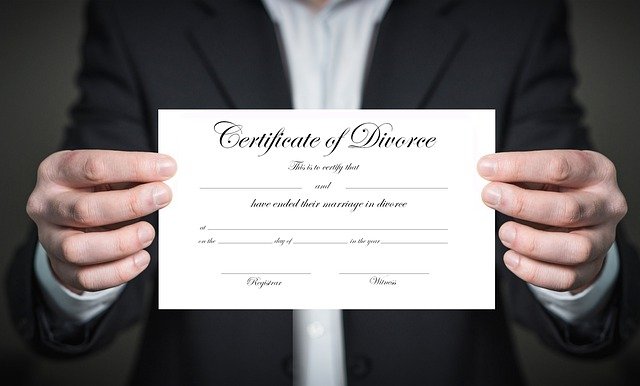Who Gets an Inherited Home After Divorce
In the event of a divorce, the inheriting partner gets ownership of the inherited home unless the property commingled with marital property in the duration of the marriage. An inherited home is considered a separate property whether acquired before or after marriage. It, therefore, belongs to the partner who inherited it.
An inherited home can lose its separate status if it is commingled with the marital property during the marriage. When this happens, the home becomes subject to division between the spouse during a divorce. In such a case, the inheriting partner has to provide sufficient evidence for the court to rule that the inherited home is separate property, and not subject to divisions after a divorce.
What is Commingling?
One spouse can receive a home as an inheritance from a relative’s estate planning before or during the marriage. The inherited home is considered exclusively belonging to the partner who was bequeathed in the eyes of the court. There are actions, however, that can change this standing and convert the inherited home to marital property. The following are instances where commingling occurs, changing an inherited home into marital property subject to a division after filing for a divorce:
- The inheriting spouse puts the name of the other spouse on the deed
- The couple moves into the home, starts living together, sharing the costs of living, and running the home
It might also happen that the inheriting spouse doesn’t include the name of his or her partner on the deed and none of them lives in the house. He or she, however, allows the other partner to contribute towards the improvement of the home during the marriage. In such a case, the court might rule that the home belongs to the inheriting partner, but the increase in value due to the improvements is marital property and subject to division between the two spouses.
Protecting the ownership of an Inherited Home
Anyone receiving a home as an inheritance needs to be careful with the decisions he or she makes about the inherited home during the marriage. Individuals should sign a prenuptial agreement before entering into a marriage union. The prenuptial agreement should specify the ownership of an inherited home acquired before the marriage, the rights to the property in case the marriage ends in a divorce, and lay any other grounds concerning the property. For a home inherited after marriage, the couple can sign a postnuptial agreement to protect the property from becoming marital property, and therefore subject to division after divorce.
Contesting an inherited home
Instances of commingling sometimes happen in good faith with the owning spouse intending to improve living standards for both parties. In the process of making life better, the home unintentionally becomes marital property. Proving to a judge in divorce proceedings that the inherited home wasn’t intended to be a marital property can be an uphill task.
A family law attorney who is familiar with inheritance laws can review the case and advise any spouse who intends to contest the sharing of an inherited home about the available legal options. The attorney can assemble enough evidence to show beyond reasonable doubt that the home is indeed a separate property, not a marital property.

